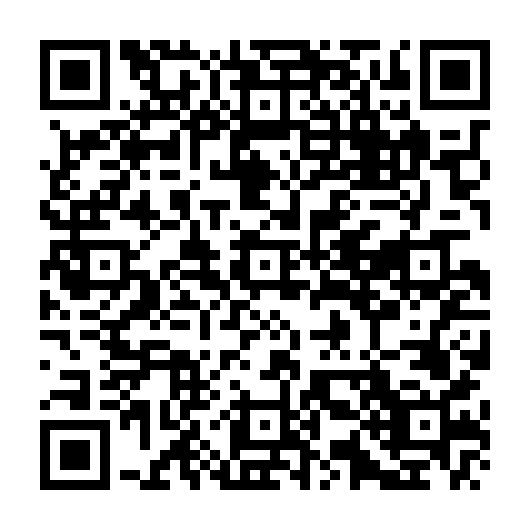Nasreddin Hodja and the Wise Coat
| Category: | Turkey and Middle Eastern Tales |
|---|---|
| Notes: | A famous tale from the humorous and wise stories of Nasreddin Hodja, often shared to teach the lesson of valuing a person's character over their appearance. |
One crisp evening, Nasreddin Hodja was working diligently in his field when a messenger approached him with an invitation. 'Hodja,' the messenger said, 'you are invited to a grand feast at the home of the wealthiest man in town. Everyone is attending, and it would be an honor if you could join us.'
Nasreddin, covered in dirt and dust from his day's work, looked down at his simple clothes and thought for a moment. 'I will come,' he said with a smile, 'but I may be a little late.' He nodded his thanks to the messenger, who hurried back to the wealthy man's home to deliver Nasreddin's response.
The sun was setting by the time Nasreddin Hodja arrived at the grand house. His clothes, still the same ones he had worn while working, were stained and dusty. His shoes were caked with mud, and his hair was disheveled. As he entered the lavishly decorated hall, filled with guests dressed in their finest attire, he noticed how the laughter and chatter died down. Eyes turned to him, filled with disdain and surprise. Whispers spread through the room like a ripple in a pond.
The host, a rich man with a large turban and jeweled robes, glanced at Nasreddin and barely acknowledged his presence. 'Welcome, Hodja,' he muttered quickly before turning away, his attention immediately drawn back to his wealthier guests. Nasreddin found himself standing alone at the edge of the room, ignored and overlooked. When the food was served, the platters passed by him without pause, and no one offered him a seat at the table.
Nasreddin's eyes twinkled with understanding. He bowed his head slightly and, without a word, slipped out of the house. 'So, it's my clothes that they respect, not me,' he murmured thoughtfully as he walked back home. Once there, he changed into his finest coat-a magnificent garment of rich fabric, embroidered with gold and silver threads. His shoes, too, were polished to a gleaming shine, and he donned a turban that shone like a jewel under the lamplight.
Dressed in his best, Nasreddin Hodja returned to the feast. As soon as he stepped into the hall, everything changed. The host, seeing him enter, rushed forward with a broad smile. 'Ah, Hodja! Welcome back! Please, come in, come in!' he exclaimed, bowing deeply. The other guests, who had barely glanced at him before, now moved aside, making space for him at the best table. 'Join us, Hodja! Sit here, next to me!' they offered, pulling out chairs and filling his plate with the finest dishes and his cup with the best wine.
Nasreddin smiled politely and took his seat. The host beamed and nodded approvingly. 'This is more like it,' the host said, patting Nasreddin's arm. 'You look splendid, Hodja. A man of your stature deserves to be treated with the utmost respect.'
But instead of eating, Nasreddin did something very strange. He picked up a spoonful of soup and, instead of bringing it to his mouth, he poured it onto the sleeve of his beautiful coat. The rich broth soaked into the fabric, leaving a dark stain. The guests gasped, their eyes widening in shock. Nasreddin didn't stop there. He scooped up a handful of rice and rubbed it gently against his coat's sleeve, murmuring softly as he did so.
The host, bewildered and alarmed, leaned forward. 'Hodja, what are you doing?' he asked, his voice tight with confusion. 'Why are you feeding your coat?'
Nasreddin looked up calmly, his face thoughtful. 'Ah, my friend, when I came here dressed in my simple clothes, no one noticed me. I was treated as if I didn't belong,' he said, his voice carrying through the silent hall. 'But when I returned in this fine coat, I was welcomed with open arms. It seems to me that you did not invite *me* to the feast, but my coat. So, I'm making sure it gets well-fed!'
A wave of embarrassment swept through the hall. The guests glanced at each other uneasily, realizing the truth behind Nasreddin's words. They had judged him based on his appearance, not on who he was. The host's face flushed red with shame, and he bowed his head. 'Please forgive us, Hodja,' he murmured, his voice humble and contrite. 'We were wrong to judge you by your clothes. We see now that it is not a man's garments that make him worthy of respect, but his character.'
Nasreddin smiled gently and nodded. 'Remember, my friends,' he said, his eyes kind but firm, 'it is not what a person wears that makes them who they are. Respect should come from recognizing a person's heart and mind, not from the fabric on their back.'
With that, Nasreddin took his place at the table and joined the feast. This time, the food tasted sweeter, and the laughter was genuine. The guests, having learned a valuable lesson, treated Nasreddin with the respect and honor he deserved, not because of his fine clothes, but because of who he was-a man of wisdom, wit, and humility.
The story of Nasreddin Hodja and the Wise Coat spread far and wide, becoming one of the most beloved tales told around gatherings and campfires throughout the land. It served as a gentle reminder that true worth is found within, and that judging someone by their appearance alone is the greatest folly of all. Whenever people began to value appearances over character, someone would tell this story, and the wisdom of Nasreddin Hodja would guide them back to the truth.

